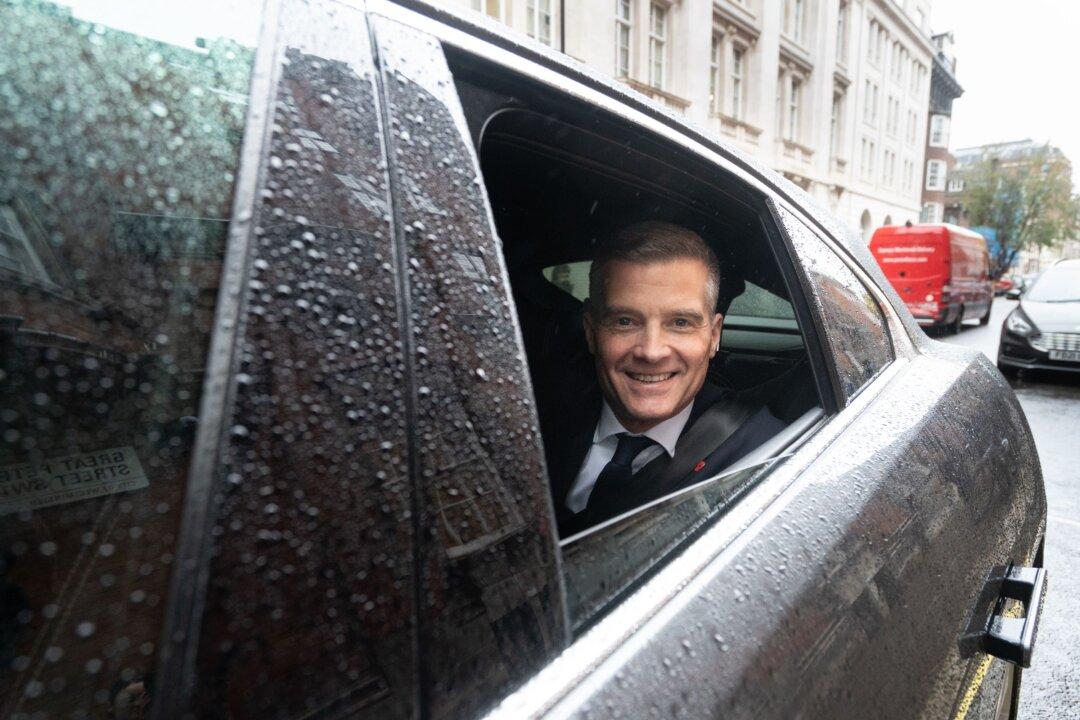Self-driving cars in which drivers don’t have to pay attention could hit the UK’s roads as early as 2026, according to Transport Secretary Mark Harper.
The minister said on Wednesday that “full autonomous mode” driving already exists, and he believes elements of the technology can be rolled out in around three years’ time.





